Most Common Pros and Cons of Using Solar Energy [Overview]
Pros and Cons of Solar Energy
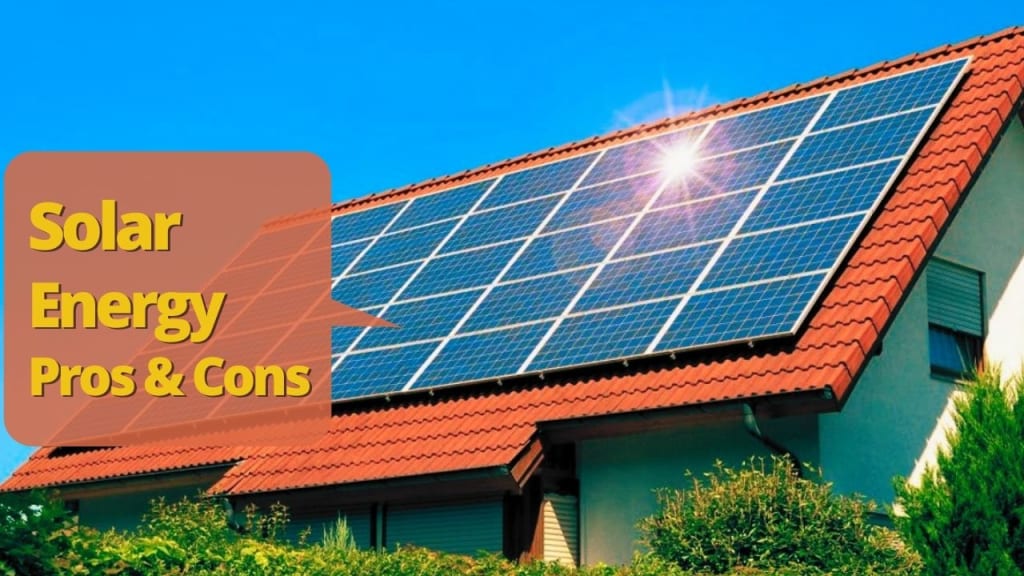
The way we spend the energy available to us from fossil fuels, all of it is probably going to end in the near future. Renewable sources of energy like water, wind, solar and nuclear are hence coming into play. Solar energy is already playing a great role and is considered to be the future of energy.
Countries all over the world are using solar energy to reduce their dependence on fossil fuels. Resident owners are using solar panels in large numbers to reduce their monthly electricity bills and also doing their bit to keep the environment safe.
What are the pros and cons of solar energy?
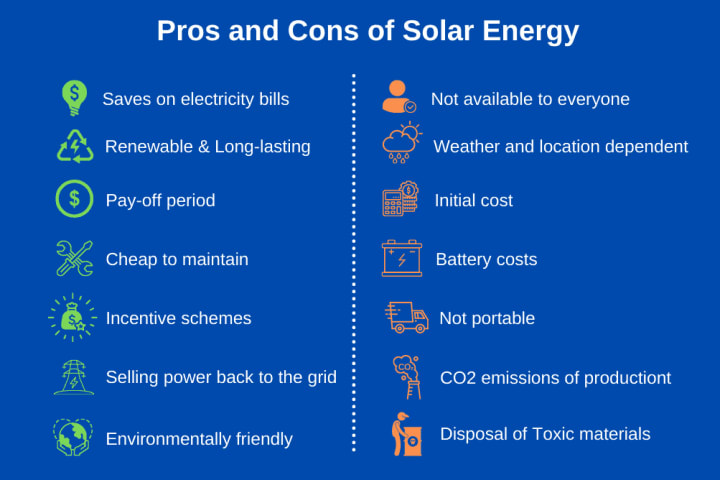
There are a lot of misconceptions about solar power, such as the fact that it has no negative effects. But the truth is that solar energy, just like any other power source, comes with a number of trade-offs – both advantages and disadvantages.
However, everything comes with its pros and cons solar energy as well. So we take a look at the advantages and disadvantages of solar energy and how effectively they can be used in the future.
Pros of Solar Energy:
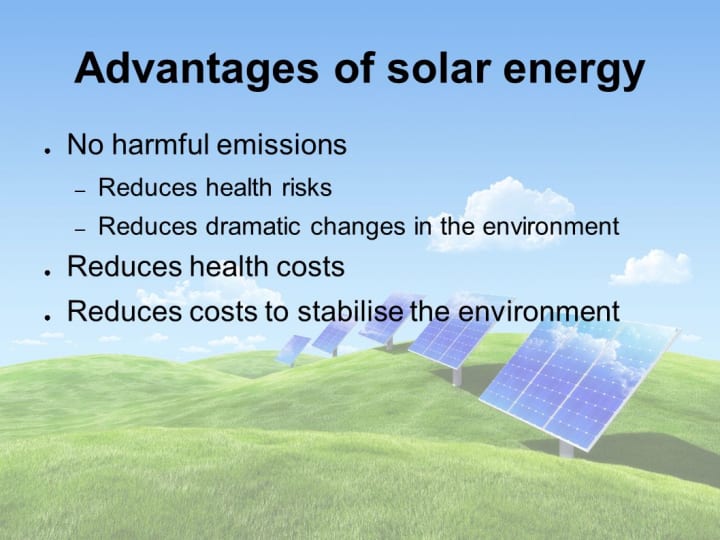
1. Clean energy source:
It is a contamination-free source of energy. Solar panels do not give out any emissions and thus have no negative impact on the atmosphere. Solar energy helps to reduce our planet’s environment by reducing our carbon footprint, and many other harmful chemicals.
An example of harmful chemicals is Uranium which is a radioactive element used in nuclear power plants. This is one of the main advantages of solar energy over other forms of standard energy.
2. Depletion in electricity bills:
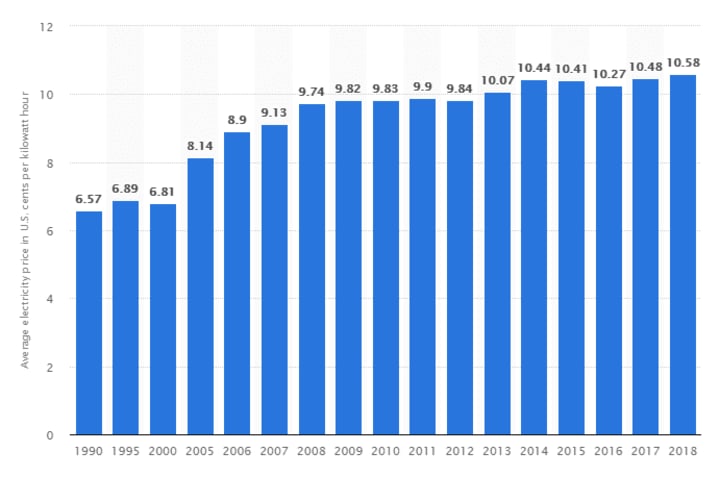
Since 1990, residential electricity rates have increased by 38%. Electricity costs vary by region, but it seems likely that they will increase over time. You will be protected from future electricity rate increases if you invest in solar today
Using solar energy to create power helps in freedom from the limitations of fossil fuels. Setting up solar panels means a free supply of power which can effectively reduce electricity & gas costs for both home and business owners. This provides a financial solution for many property owners, as well as a ‘low-risk, high-reward’ investment.
Excess energy can be used to generate revenue for property owners under the government program known as FIT (Feed In-Tariff), or can be stored as credit and distributed towards the months that do not receive a lot of sunlight.
Therefore solar power does not need to travel far away in expensive cables with loss. You can generate it right where you need it, in decentralized systems.
How much do solar panels save? Do solar panels really save you money?
Solar panels will save you money, so the answer to “Do solar panels really save you money?” is yes. However, how much you'll save will depend on a number of factors. The amount of sunlight that hits your roof and its size and angle are both important. but local electricity rates play the biggest role in determining how much do solar panels can save you.
As a consumer in this day and age, it's easy to be skeptical of new products that promise to "save you tons of money."
Solar panels are no different – saving money by reducing your electric bill is one of the main appeals and selling points for solar as a product and home upgrade.
3. Availability:
Sunlight is available throughout the world and can be used by any country. Sunlight won't end like fossil fuels and hence its availability is always there even when fossil fuels cease to exist.
4. Low maintenance:
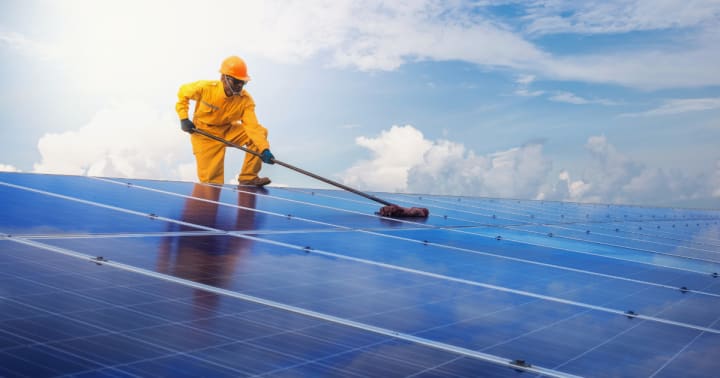
Once set up, modern solar panels require minimal maintenance due to lack of moving parts. Modern solar panels last for up to 20-25 years and require cleaning a few times per year, occupying minimal space.
5. Eco-Friendly:
With no sort of pollution being caused to the environment, not even sound pollution, solar panels are definitely one of the most eco-friendly ways of power generation which are very necessary at this time given the way Earth is suffering.
What makes solar such a lucrative industry is how much more potential it has for innovation and R&D compared to many other renewable methods. Most energy producing methods such as wind energy do not have much more space left for innovation.
6. Energy Independence:
Since the sun shines across the globe, it makes every country a potential energy producer, thus allowing for greater energy independence and security. Solar energy doesn’t only promise to bring security and independence at the national level; solar panels can be installed on individual homes, providing power that does not depend on being connected to a larger electrical grid.
Cons of solar energy:
Everything in the world comes with cons. Solar energy is no different.
1. Initial cost:
Perhaps the biggest drawbacks of solar energy is the initial cost of setting up solar panels. Prices for the best quality solar cells can go above $1000 and is a large investment. but along with government subsidies and tax credits, there are many financing solutions to make solar an affordable investment.
An example of this is the “no-cost” solar program whereby your monthly electricity bill is equivalent to the monthly cost to pay for the solar system.
Since the solar system is also reducing your electricity costs you are never really paying too much more per month compared to what you would have originally paid for your electricity.
2. Land Use:
Another concern is that solar energy may take up a significant amount of land and cause land degradation or habitat loss for wildlife. While solar PV systems can be fixed to already existing structures, larger utility-scale PV systems may require up to 3.5 to 10 acres per megawatt and CSP facilities require anywhere from 4 to 16.5 acres per megawatt.
3. Ability to produce power just during the day:
Solar energy is only capable of producing power when the sun is out. This means no production of energy for the other half of the day. Climate and weather patterns can also influence the effectiveness of solar panels.
4. Solar cell effectiveness:
The effectiveness of solar cells depends on the air pollution levels of the area. This could be a large drawback for industries trying to use solar energy due to the amount of pollution in industrial areas.
5. The scarcity of Materials:
Certain solar technologies require rare materials in their production. This, however, is primarily a problem for PV technology rather than CSP technology. Also, it is not so much a lack of known reserves as much as it is the inability of current production to meet future demand: many of the rare materials are by products of other processes rather than the focus of targeted mining efforts.
6. Large for setup:
For industries and businesses trying to generate large amounts of energy, the roof may not be enough to set up so many solar panels. They need to have a large area of land to set the panels to generate the right amount of energy.
But home owners find that traditional solar panels are aesthetically unappealing and that they lower the value of their home. Although most seem to be waiting for the solar shingles, we need to be able to see the difference between the aesthetics and the efficiency.
7. Expensive storage:
Solar power needs to be utilized to charge batteries for use during the evening. These batteries are large and heavy and can consume a significant amount of space. They need to be replaced occasionally as well adding to the cost.
Because of the fact that battery systems are made through fossil fuels which contradicts our whole objective for investing in solar technology. Battery systems are also seen to double the original cost of the solar system which makes it that much more expensive.
The problem that occurs is how dependent we are on battery systems during the night and during times where the weather or climate does not allow us to absorb enough solar energy.
As solar becomes more widely accepted, we must first prove to the rest of the world the benefits of solar by focusing on those who truly see it’s value.
Solar energy is the future and methods to reduce the cons are being constantly worked on.
About the Creator
Dmitriy Bobriakov
I'm Dmitriy and I will keep it precise and relevant.
I'm Passionate Writer with 5+ years of experience writing for a variety of websites, platforms, and media sources. I have highly versatile writing skills...






Comments
There are no comments for this story
Be the first to respond and start the conversation.